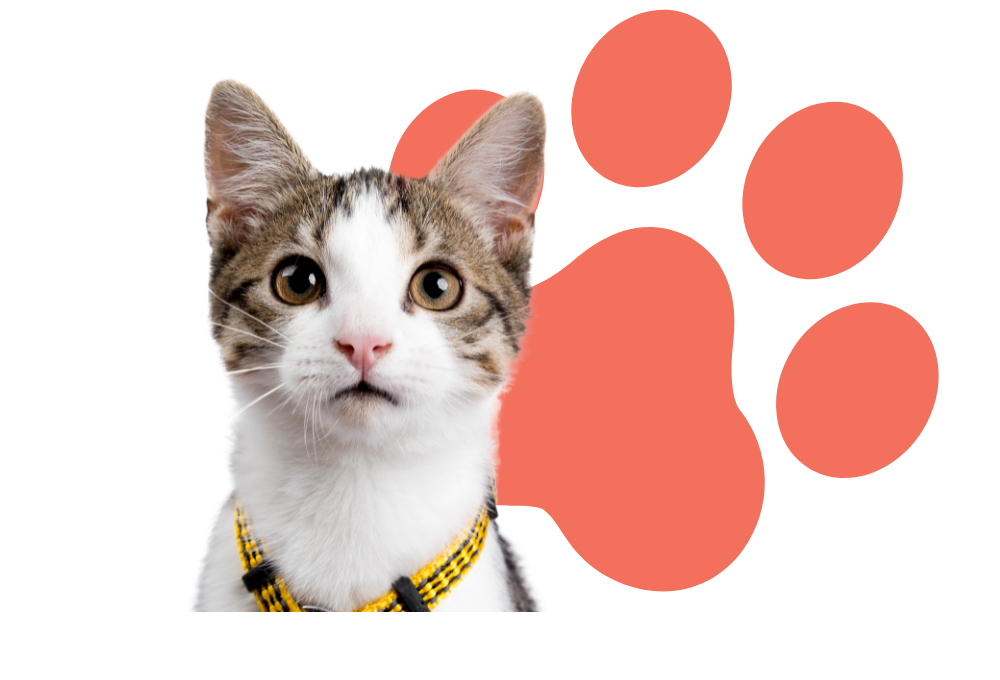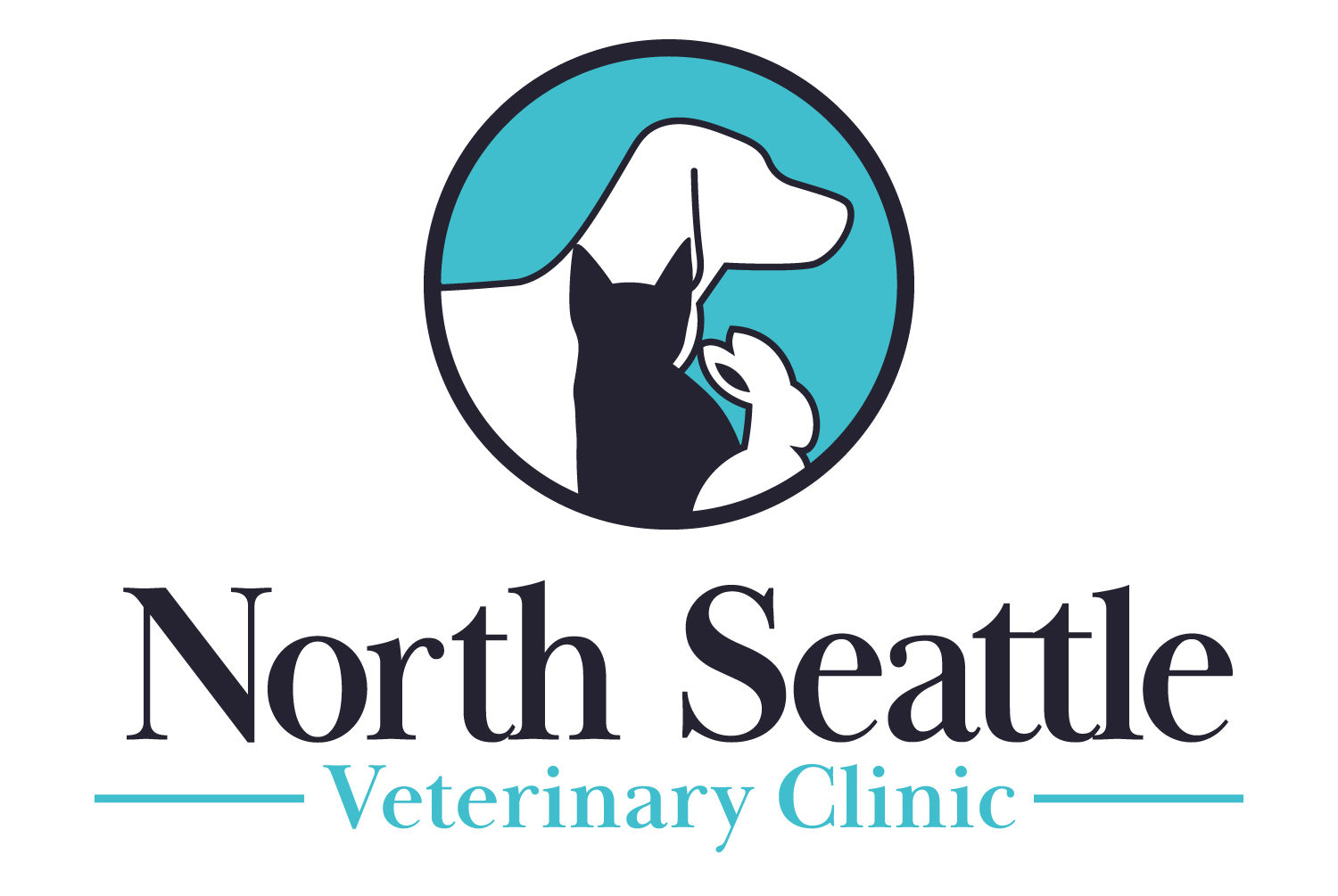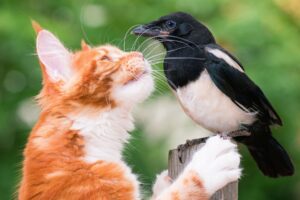Vaccination Schedule

North Seattle Veterinary Clinic veterinarians recommend the vaccine schedule published by the American Animal Hospital Association. Your veterinarian will discuss which vaccines are appropriate for your pet given your family’s lifestyle.
PUPPIES:
DAPP: Starting between 6-8 weeks, repeated monthly until 16 weeks. Minimum of two doses given, may be up to 4 doses depending on age.
Rabies: 1 dose at 16 weeks
Bordetella: 1 dose any time after 8 weeks
Leptospirosis: 1 dose at 12 weeks, 1 dose at 16 weeks
Influenza: 2 doses anytime after 12 weeks. Often started separately after completing core series.
ADULT DOGS:
After the puppy vaccines are completed, all vaccines are given 1 year later.
After the initial 1-year boosters:
DAPP: Every 3 years
Rabies: Every 3 years
Leptospirosis: Annually
Bordetella: Annually
Influenza: Annually
KITTENS:
FVRCP: Starting between 6-8 weeks, repeated monthly until 16 weeks. Minimum of two doses
given, may be up to 4 doses depending on age.
Rabies: 1 dose at 16 weeks of age
Feline leukemia virus (FELV): 1 dose at 12 weeks, 1 dose at 16 weeks.
ADULT CATS:
After the kitten vaccines are completed, all vaccines are given 1 year later.
After the initial 1-year boosters:
FVRCP: Every 3 years
Rabies: Annually
FELV: Annually, often discontinuing after 8 years of age depending on risk.

